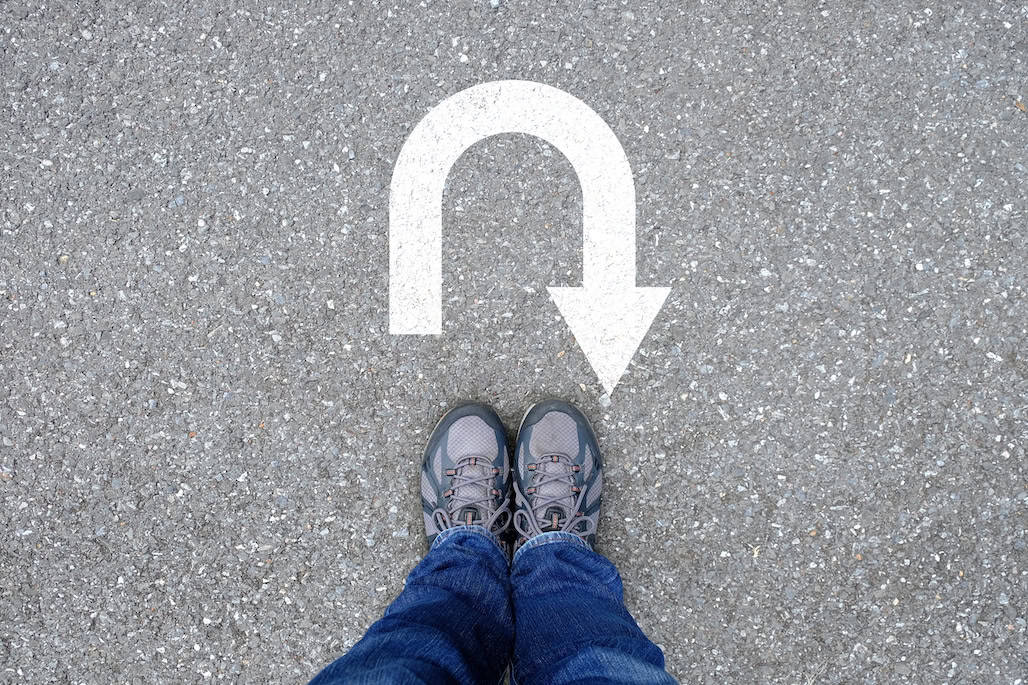Guiding Principles of Recovery
Posted on July 24, 2013
Working Definition of Recovery:
Recovery from alcohol and drug problems is a process of change through which an individual achieves abstinence and improved health, wellness, and quality of life.
Guiding Principles of Recovery:
There are many pathways to recovery: Individuals are unique, with specific needs, strengths, goals, health attitudes, behaviors, and expectations for recovery. Pathways to recovery are highly personal, and generally involve a redefinition of identity in the face of crisis or a process of progressive change. Furthermore, pathways are often social, grounded in cultural beliefs or traditions, and involve informal community resources, which provide support for sobriety. The pathway to recovery may include one or more episodes of psychosocial and/or pharmacologi...
full story





